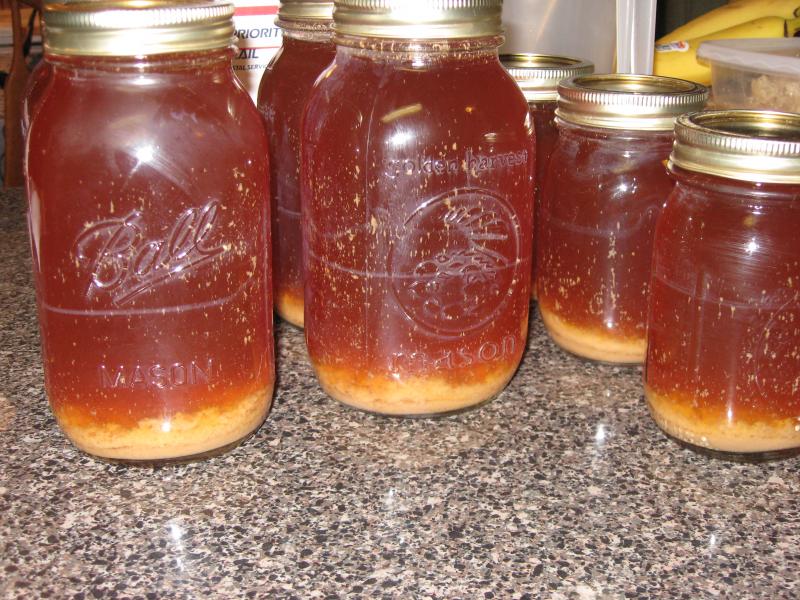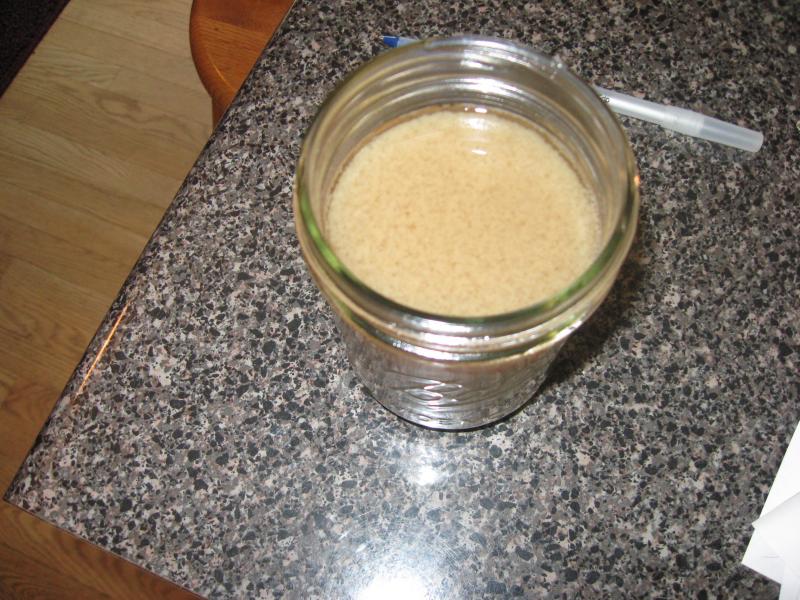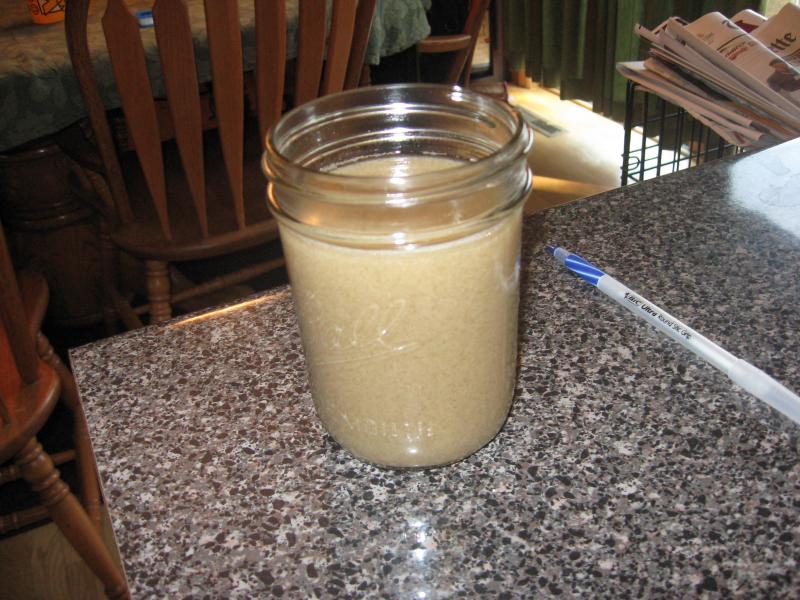- Joined
- Jan 18, 2011
- Messages
- 3,038
- Reaction score
- 287
I can make 4x 2-qt + 1x 1-qt wort in about 40 minutes of prep and pressure cooker time. The cooling time, I don't count as I just let it cool while I'm away.
That gives me 5 starter's worth of wort that I can use, so 8 minutes each. I don't think that I could heat-boil-cool wort in 8 minutes when I want to make a starter.
MC
That gives me 5 starter's worth of wort that I can use, so 8 minutes each. I don't think that I could heat-boil-cool wort in 8 minutes when I want to make a starter.
MC




























![Craft A Brew - Safale S-04 Dry Yeast - Fermentis - English Ale Dry Yeast - For English and American Ales and Hard Apple Ciders - Ingredients for Home Brewing - Beer Making Supplies - [1 Pack]](https://m.media-amazon.com/images/I/41fVGNh6JfL._SL500_.jpg)























